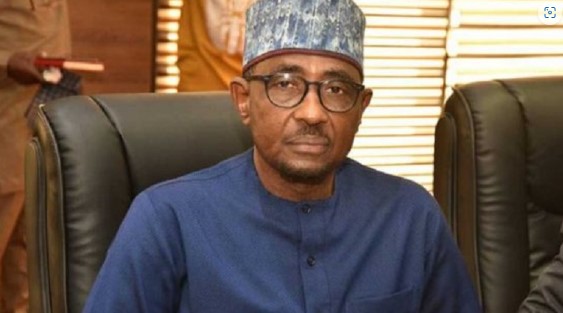The Nigeria Midstream and Downstream Petroleum Regulatory Authority (NMDPRA) has disclosed that the country’s daily petrol consumption ranges between 45 million and 50 million litres.
The Chief Executive Officer of NMDPRA, Mr. Farouk Ahmed, made this known while speaking on the sidelines of the 18th Africa Downstream Energy Week in Lagos, according to a report by the News Agency of Nigeria (NAN).
Ahmed explained that an uptick in petrol consumption during the fourth quarter is typical, particularly during the holiday season, due to increased industrial and consumer activities.
He expressed optimism that recent price adjustments and market liberalization would reduce cross-border smuggling, ensuring more fuel remains in the country.
“We hope this price adjustment or liberalisation will discourage cross-border smuggling of the product, meaning that more petrol will stay within the country,” he said.
More Insights
Furthermore, Ahmed added that while petrol consumption in Nigeria might decline slightly, a significant reduction is not expected.
- Speaking on the event’s theme, Ahmed highlighted the value of alliances within the energy sector to enhance efficiency and reduce costs.
- He emphasized that shared facilities are more effective than having numerous underutilized private depots, providing mutual benefits to businesses and consumers.
“Collaborations or alliances among stakeholders will lead to greater efficiency and lower costs for consumers,” Ahmed said.
- He further noted that partnerships among agencies like NMDPRA, the Nigerian Maritime Administration and Safety Agency (NIMASA), and the Nigeria Ports Authority could help curb operational inefficiencies.
- Ahmed clarified that while the agency will not mandate mergers, industry players are encouraged to explore partnerships in saturated markets to enhance operations and deliver better value to consumers.
“With strategic alliances in place, we can reduce costs for consumers by making the most of our existing infrastructure,” he said.
He assured that NMDPRA would continue assessing project viability to ensure consumers benefit from market developments.
Ahmed concluded by stressing that collaboration and operational efficiency are essential to securing a sustainable energy future for Nigeria.
What you should know
Following the removal of fuel subsidy, reports have emerged indicating a general reduction in petrol consumption by Nigerians.
- The downstream regulator, NMDPRA, has not released any report since August last year to reflect the current state of the country’s petrol consumption.
- Meanwhile, President Bola Tinubu has stated that petrol consumption has dropped to about 30 million litres daily following the subsidy removal.
In a related development, the Dangote Refinery, which commenced petroleum production in September, noted that Nigeria can now accurately track its petrol consumption. The refinery emphasized that this monitoring will help curb smuggling into neighboring countries.














